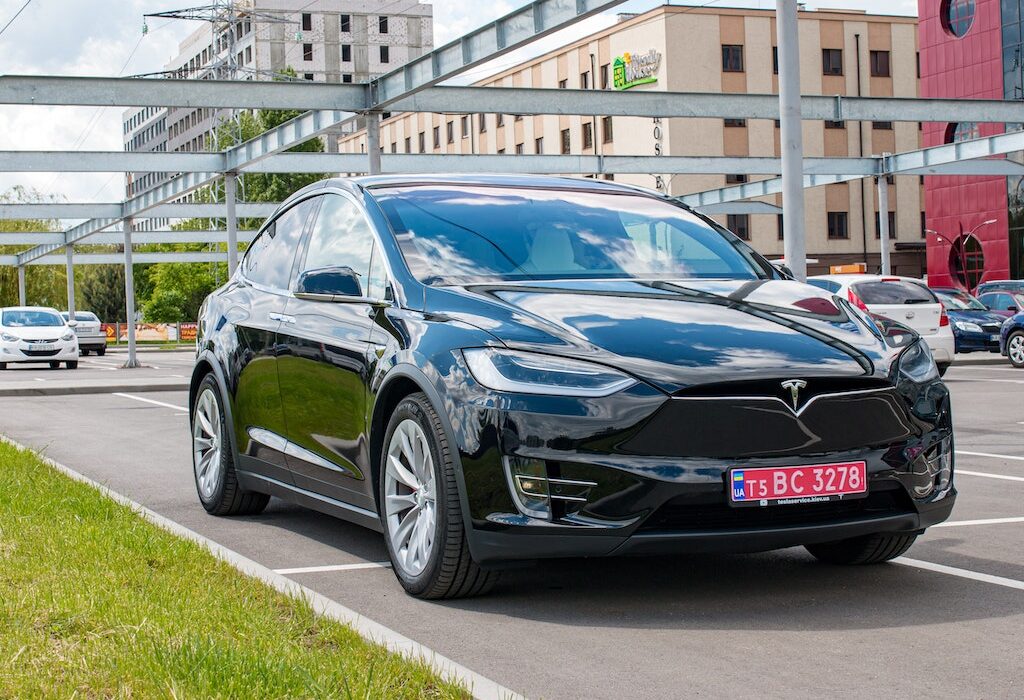The world has always been dependent on gas-powered vehicles. Today, electric vehicles (EVs) are becoming a more practical replacement for internal combustion vehicles. You might have heard a few things about EVs and their benefits— they’re economical to maintain and better for the environment. Let’s take a look at some facts that nobody else brings up.
Better Driving Experience
Electric vehicles make for a better driving experience. In comparison to a vehicle powered by an internal combustion engine, an EV provides an enhanced behind-the-wheel experience for almost all dynamic parameters. Gasoline engines are less smooth and vibration-free than electric motors. When the fuel in each cylinder of an internal combustion engine burns, it creates vibration and noise that is transmitted to the passengers, the driver, and the surroundings. EVs, on the other hand, are so silent that some need to use sound creators to alert pedestrians of their presence.
Low Operating Costs
An average electric vehicle is more expensive than a comparable gasoline-powered car. As battery technology improves and becomes less expensive, the difference between them might narrow. However, once an EV is purchased, they have lower operating costs than a gasoline-powered equivalent.
The amount of money you save on fuel is just one way that electric vehicles can be more cost-effective than conventional cars. Lower repair and maintenance costs can offset the higher up-front cost of an electric vehicle, resulting in net savings for consumers.
Government and Utility Incentives
Another incentive for buying an electric vehicle is that outside entities are willing to help defray the cost. The U.S. federal government offers a significant tax credit to those who buy battery-electric vehicles. The benefit amount varies depending on your tax status. The good news is that a majority of recent electric vehicles are eligible for a tax credit.
Many localities and states offer cash-equivalent incentives or cash to EV buyers. However, the amounts and details may differ depending on where you live. Local utility companies also offer incentives for installing a home-charging unit or buying an EV.
Contacting your local utility is a good way to determine what incentives might be available in your area. Their customer service representatives should be able to give you details about the company’s special rates and incentive plans. They can also tell you about any state or local government incentives for buying and operating an EV.




